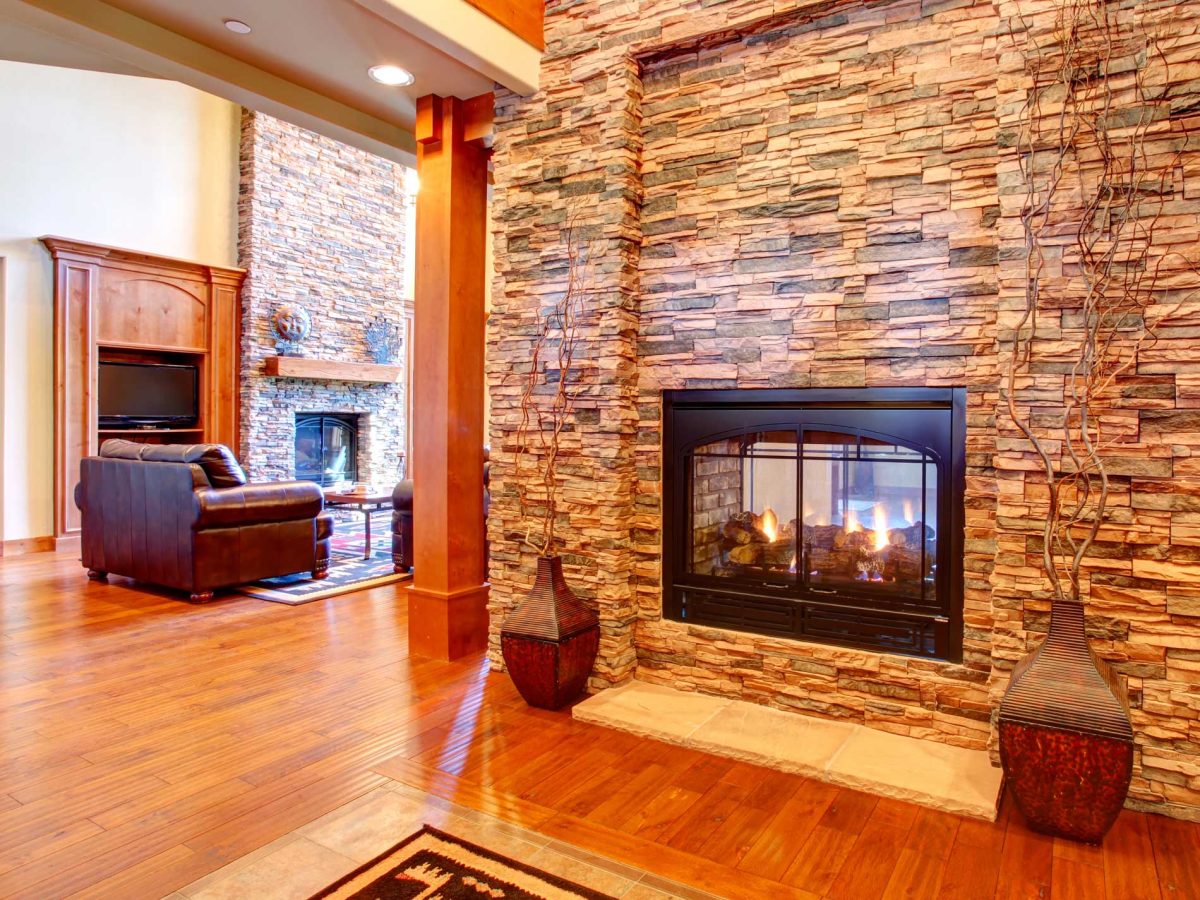Heat N Glo is a leading name in the fireplace industry, known for its innovative designs, energy efficiency, and quality products. But beyond the company’s top-notch fireplaces and stoves is a group of skilled professionals responsible for their maintenance and repair: the Heat N Glo technicians. This article will delve into these technicians’ crucial role in ensuring that Heat N Glo products deliver their promised warmth and charm.
1. Extensive Training and Certification
Before becoming certified Heat N Glo technicians, candidates undergo rigorous training. This ensures that they are well-versed in all aspects of the products, from installation to troubleshooting common problems. Their comprehensive understanding of the product line means they can handle both traditional and newer models, ensuring homeowners receive the best service regardless of the age or type of their fireplace or stove.
2. Safety First
One of the primary roles of a Heat N Glo technician is to ensure that fireplaces and stoves operate safely. A faulty fireplace can lead to gas leaks, fire hazards, or even carbon monoxide buildup. The technicians’ meticulous inspections and repairs ensure that any potential issues are addressed, safeguarding the well-being of the homeowners and their families.
3. Enhanced Performance
Apart from safety concerns, Heat N Glo technicians are also responsible for optimizing the performance of the fireplace or stove. They ensure the flame burns brightly and efficiently, ensuring homeowners get the maximum heat output for the energy consumed. This not only offers comfort but also leads to energy savings in the long run.
4. Up-to-date with Latest Technologies
As with any industry, the fireplace sector sees constant innovations. Heat N Glo technicians keep abreast of these changes. Whether it’s introducing a new model, the evolution of control systems, or updates in safety standards, these technicians ensure they are always informed and trained accordingly.
5. Customer Education
While they are undoubtedly experts in their field, Heat N Glo technicians also play the role of educators. They guide homeowners on best practices, maintenance schedules, and basic troubleshooting. By empowering homeowners with knowledge, they ensure fireplaces and stoves last longer and operate at their best.
6. Warranty and Genuine Parts
Using certified Heat N Glo technicians guarantees that any repairs or replacements will be conducted with genuine parts, ensuring the longevity and efficiency of the fireplace. Moreover, having certified technicians perform maintenance or repairs ensures that the product’s warranty remains intact.
Conclusion
Heat N Glo technicians are the backbone that ensures the brand’s products live up to their reputation. Their expertise, dedication to safety, and commitment to continuous learning make them invaluable. Whether it’s a routine check-up, an unexpected repair, or guidance on operating a new model, homeowners can rest assured that they’re in good hands with a certified Heat N Glo technician.






